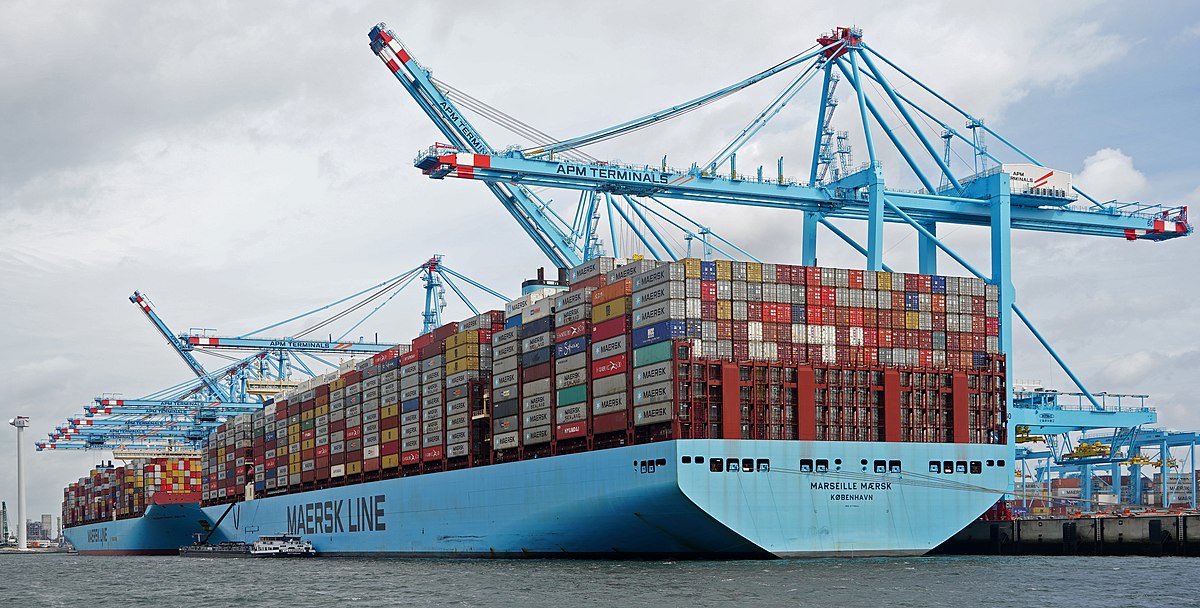In the era of global trade and e-commerce, shipping goods internationally has become a routine aspect of many businesses’ operations. One significant destination for shipping is the United Kingdom, a bustling hub of commerce and consumption. However, navigating the complexities of shipping to UK can be a daunting task for businesses large and small. From customs regulations to shipping methods and delivery logistics, there are numerous factors to consider to ensure a smooth and efficient shipping process.
Understanding Customs Regulations
One of the foremost considerations when shipping to the UK is understanding the customs regulations governing imports. As the UK has left the European Union, businesses must now adhere to new customs procedures and tariffs. This includes providing accurate documentation such as commercial invoices, packing lists, and certificates of origin. Failure to comply with customs regulations can result in delays, fines, or even the seizure of goods.
To streamline the customs clearance process, many businesses opt to work with freight forwarders or customs brokers who specialize in navigating international trade regulations. These professionals can provide invaluable expertise and assistance in ensuring that shipments comply with all necessary requirements.
Choosing the Right Shipping Method
Selecting the appropriate shipping method is another crucial aspect of shipping to the UK. Factors to consider include the size and weight of the shipment, the urgency of delivery, and budget constraints. Common shipping methods include air freight, ocean freight, and courier services.
Air freight is often the fastest option for shipping goods to the UK, making it ideal for time-sensitive shipments. However, it can also be the most expensive. Ocean freight, while slower, is more cost-effective for large or heavy shipments. Courier services offer a balance between speed and cost, providing door-to-door delivery with tracking and insurance options.
Logistics and Transportation
Efficient logistics and transportation play a vital role in successful shipping operations to the UK. Factors such as shipping routes, carrier selection, lead times, and mode of transportation (sea freight, air freight, or land transport) must be carefully evaluated to optimize supply chain efficiency and minimize costs. Additionally, considering the impact of external factors such as weather disruptions and geopolitical events is crucial for risk management.
Navigating Delivery Logistics
Once goods have arrived in the UK, navigating the final leg of the delivery process is essential. This involves coordinating with local carriers for the last-mile delivery to the intended recipient. Factors such as transportation infrastructure, geographic location, and accessibility can influence the efficiency of delivery operations.
Many businesses opt to partner with logistics providers who have established networks and expertise in managing delivery logistics within the UK. These providers can offer a range of services, including warehousing, distribution, and fulfillment, to ensure that goods reach their destination promptly and securely.
Conclusion
Shipping goods to the UK presents both opportunities and challenges for businesses engaged in international trade. By understanding and adhering to customs regulations, selecting the right shipping method, and effectively managing delivery logistics, businesses can navigate the complexities of shipping to the UK successfully. Whether sending small parcels or large cargo shipments, careful planning and collaboration with logistics partners are essential for ensuring a seamless shipping experience.



